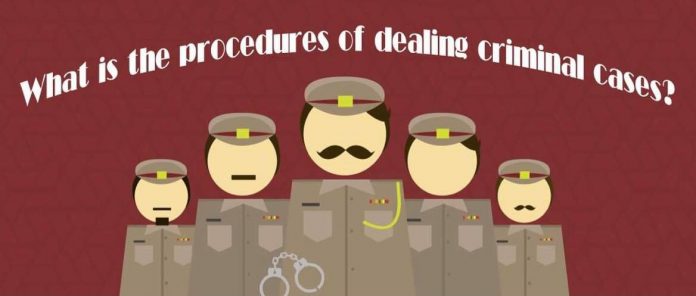As per the Disaster Center, over 16000 murders, 89000 rapes and 2 million burglaries were reported in the US in 2008. Criminal charges are divided into misdemeanors and felonies and they are brought by the federal or the state government.
With the increase in the number of criminal cases, it’s important for the justice system to place in the right procedures for ensuring that the criminals are punished and the citizens are protected. These procedures could vary slightly depending on the jurisdiction.
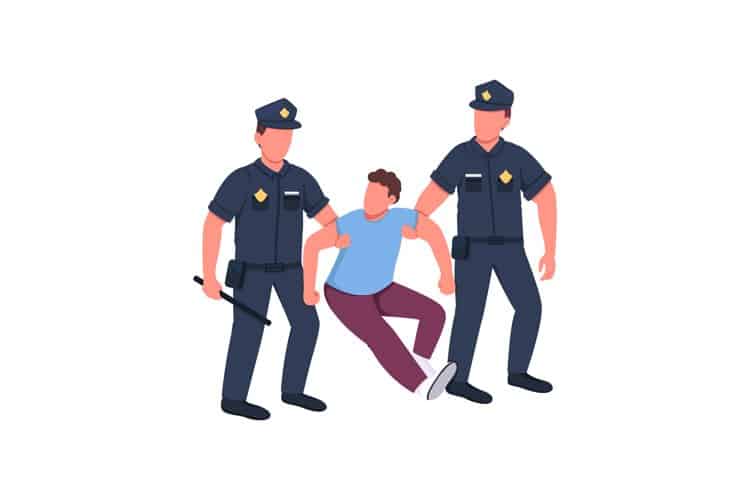
Let’s check out the procedures of criminal case in brief:
Initial Appearance
Defendants usually face a judge within 24 hours of an arrest. The defendant is informed of the charges at this initial court appearance. He or she is advised of the right to take the help of an attorney.

However, if one couldn’t afford an attorney, the court takes the responsibility of appointing a lawyer. The judge establishes the conditions of release as per the judicial branch. The defendant could post a bond and get released from jail till trial or could remain in jail. The judge decides at the initial appearance, whether the defendant could be released on bail or not.
Charges Filed
The prosecuting attorney files the charges in court on the basis of a complaint by a police officer or citizen.
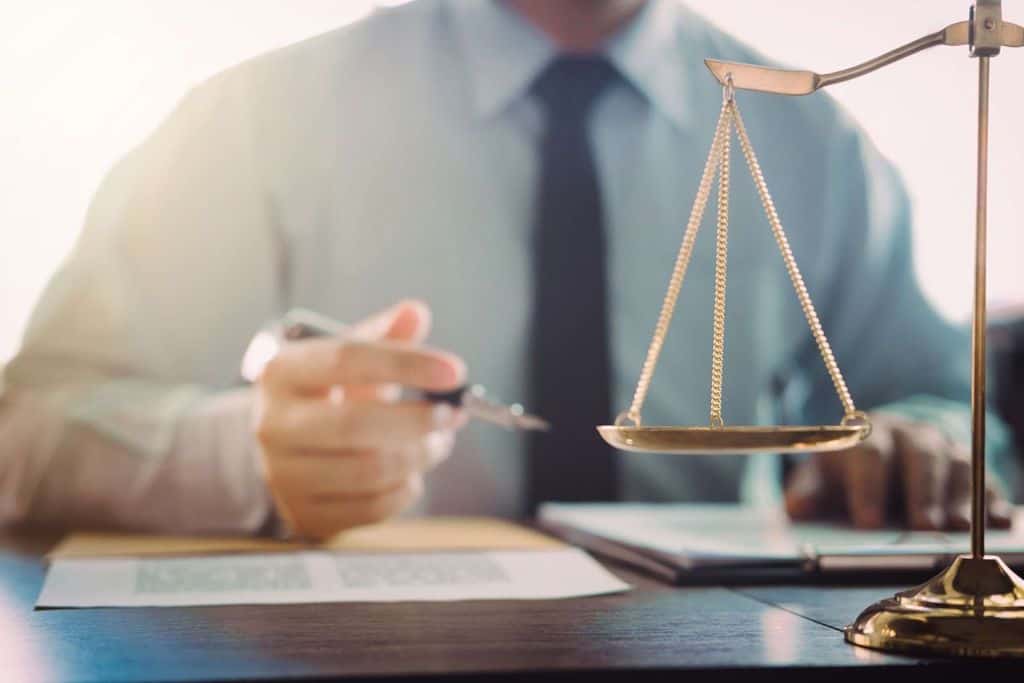
A public prosecutor is a government attorney who contends against the defendant in the court, trying to convict him. Information is provided to the defendant about when the charges are filed against him and when he is expected to make the appearance in court. An arrest warrant is issued if the suspect doesn’t appear in the court at the scheduled time.
Grand Jury or Preliminary Hearing
A suspect has the right to an initial hearing when the prosecutor presents the judge with witnesses and evidences showing that the case could go to trial.
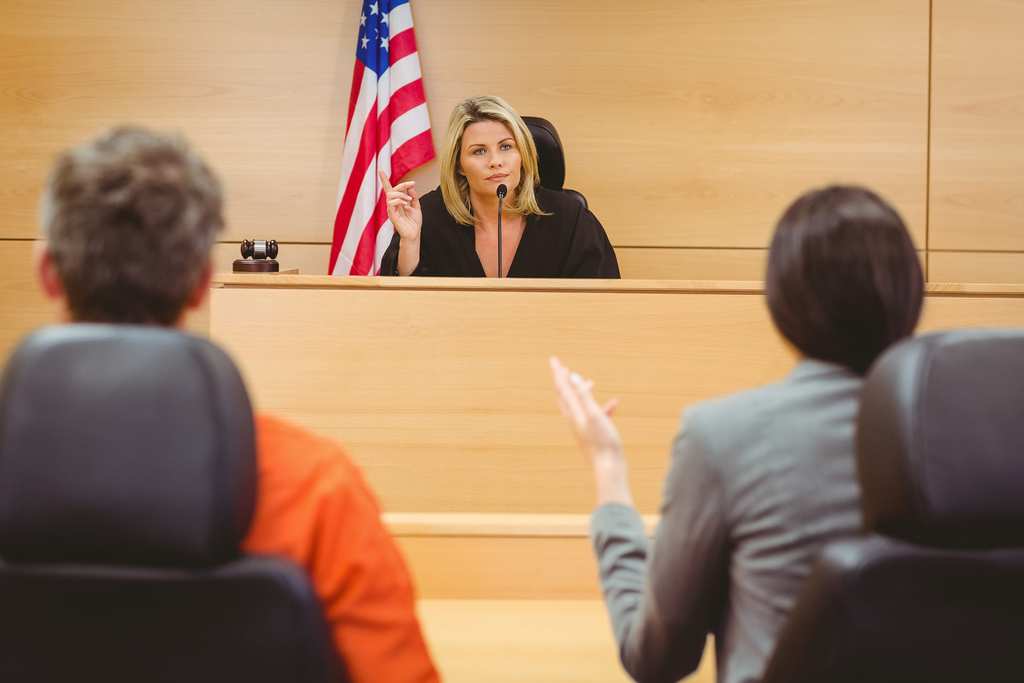
The judge could dismiss a case owing to the lack of trial order or evidences. Sometimes, a grand jury is set up for determining whether there’s adequate evidence for trying the case. In such a case the jury issues an indictment otherwise the charges are dismissed.
Arraignment
The defendant has to enter a plea at the arraignment if the case is tried. A date for the trial is set if it’s not a guilty plea. However a sentencing hearing is scheduled if it’s a guilty plea.
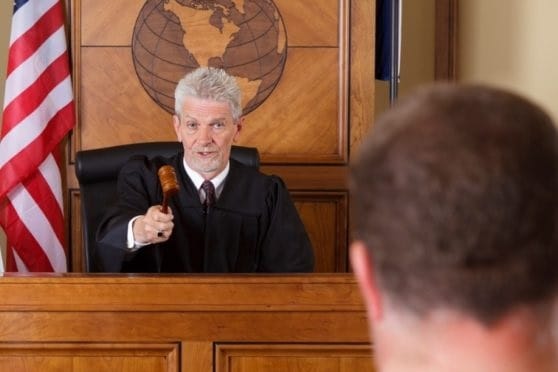
Trial
The prosecutor and the defendant present testimony and evidences before the jury during a trial. The jury should come to an undisputed verdict otherwise the judge may declare a mistrial, letting the prosecutor attempt the case once again. Both the sides agree to a “bench trial” in some cases where it is only the judge who decides on a verdict.

If the jury determines that the defendant is not guilty, the charges are dismissed and the defendant could never be tried for the same charge.
Sentencing
In case the defendant is guilty, the judge sets a date for sentencing within 1 month. Both the prosecutor and the defendant could present evidence for helping the judge determine an apt sentence at a sentence hearing.
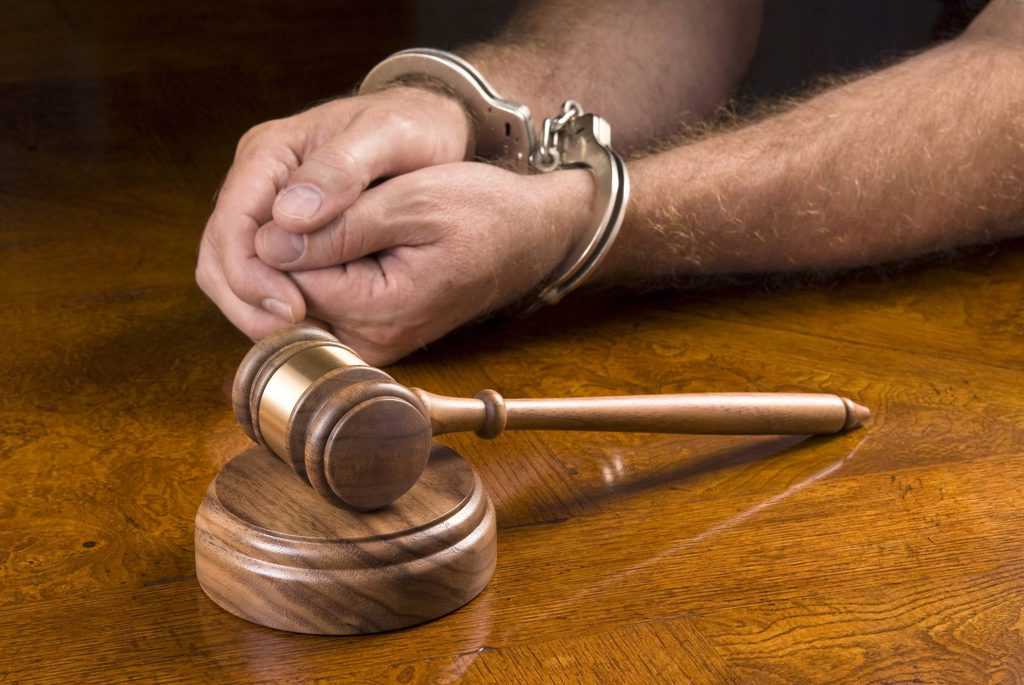
Criminal offense sentences include fines, probation, incarceration and the death penalty. A convicted criminal has the right to appeal for guilty verdicts in higher court.


